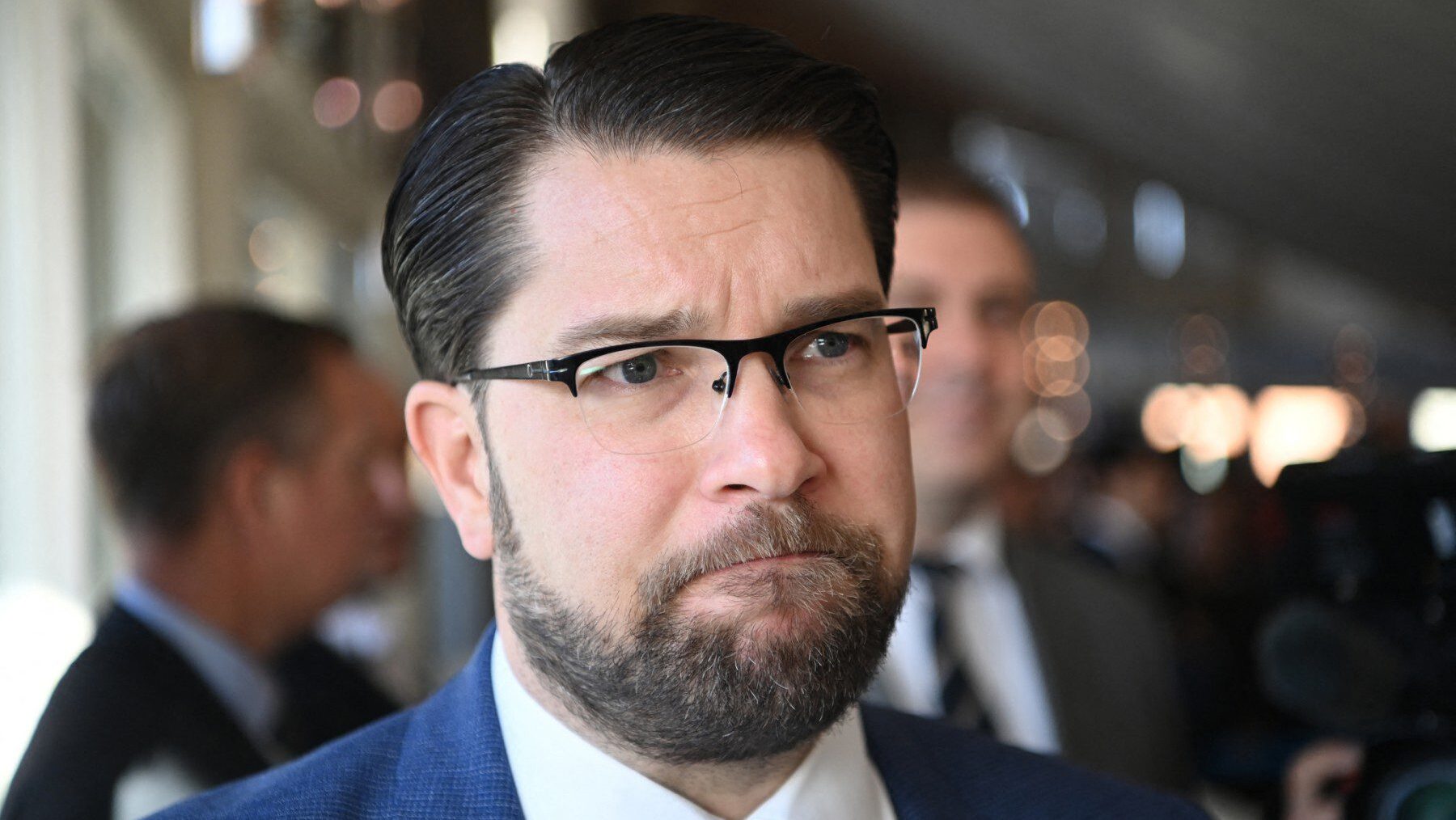

Åkesson: Time for Sweden To Declare “Full-Scale War” on Gangs
Government announces increase in crime budget after brutal murder.


Government announces increase in crime budget after brutal murder.


Europe is not doing enough to bolster its defence capabilities, Tusk says.
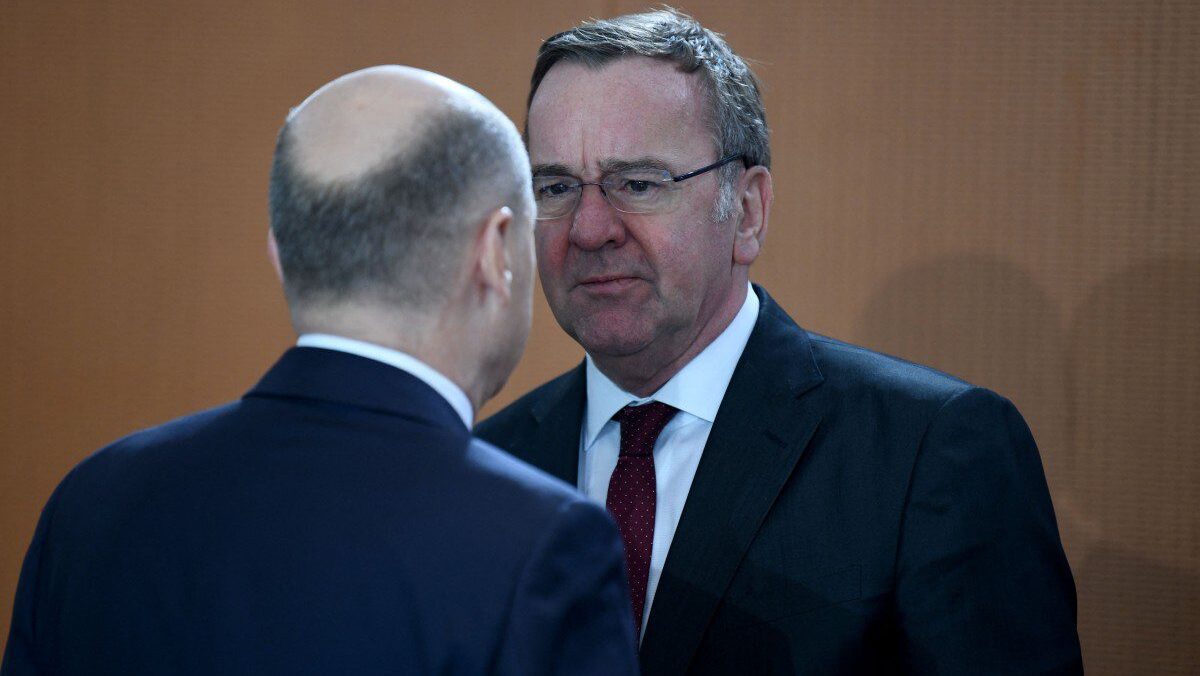

New details have emerged of how Russian spies were able to hack into a conversation of high-ranking German officers.
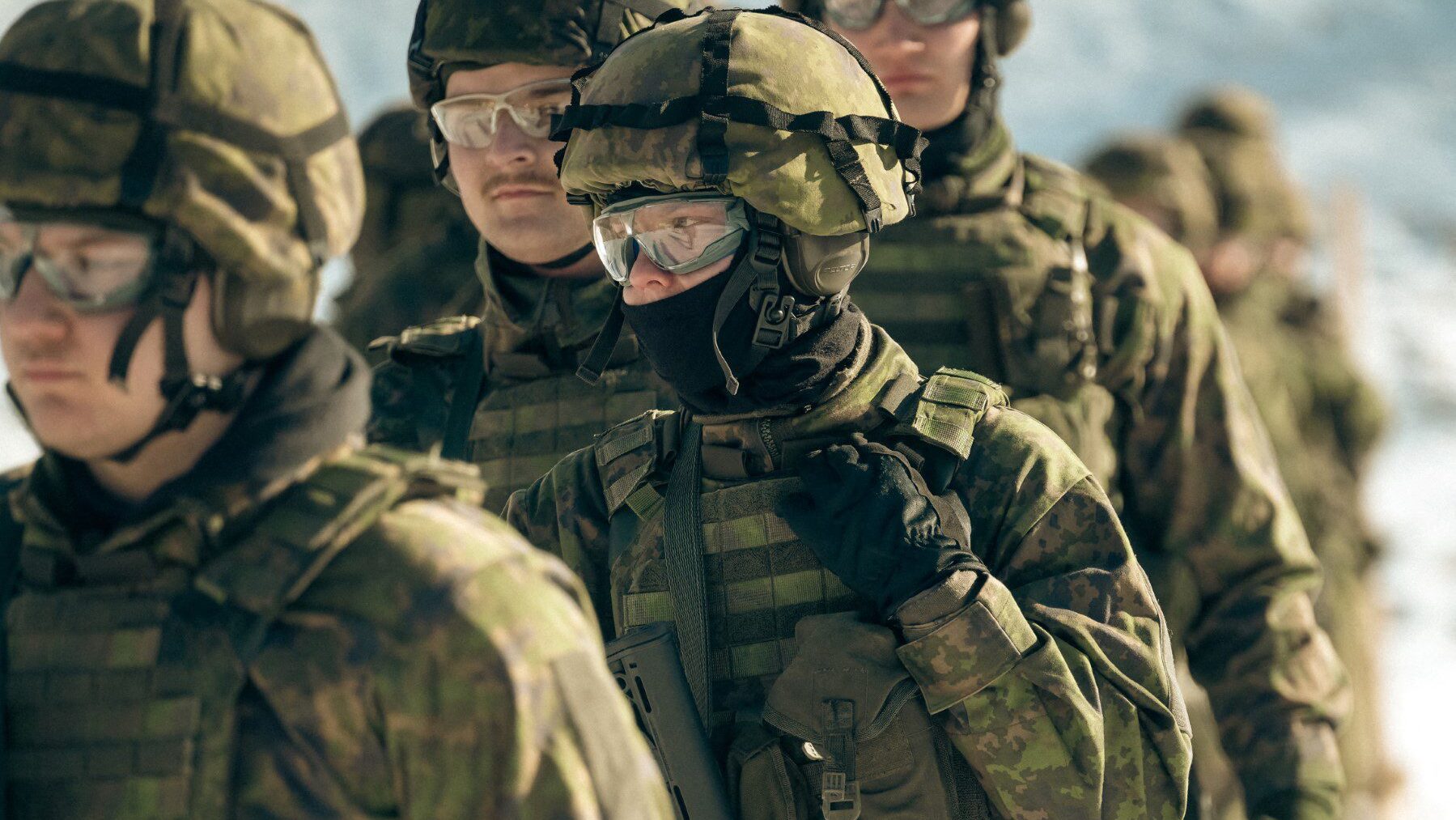

As of Tuesday, 791 reservists had quit this month after the defense minister floated a ban on resigning from the reserve forces.
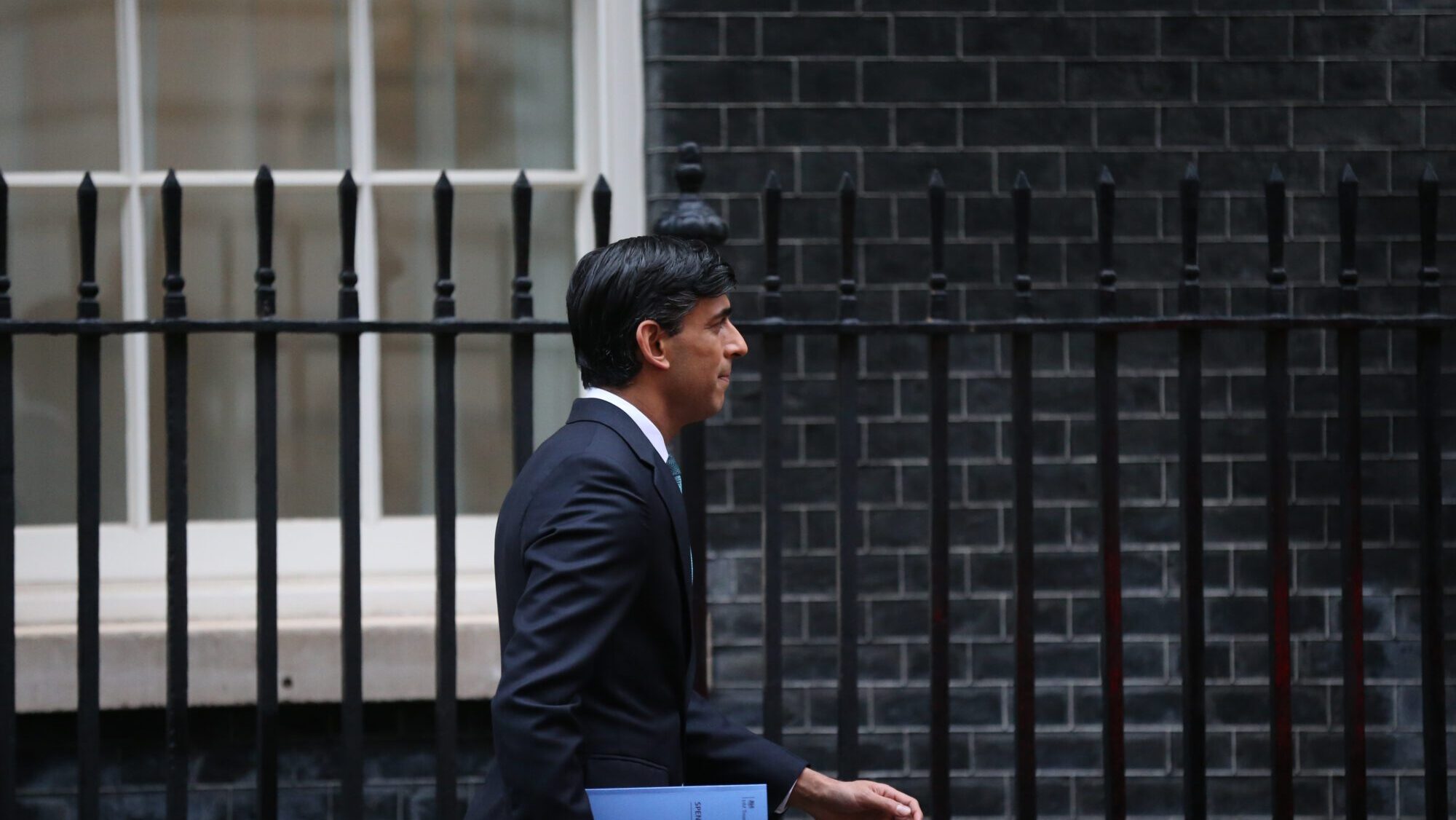

The prime minister would rather Britons keep quiet about low defence capabilities.
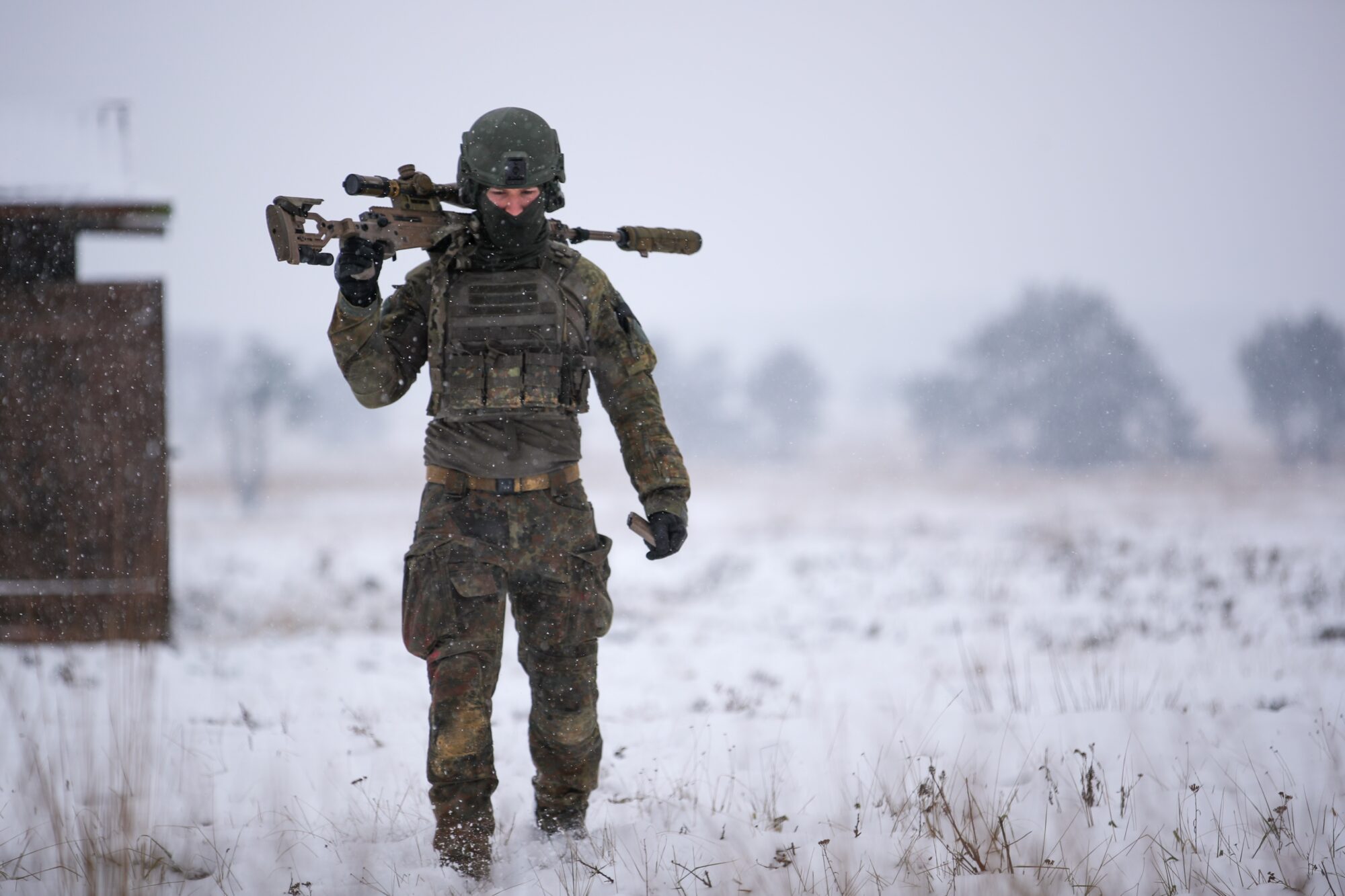

Official says Berlin may need to return to military conscription to prepare for Russian expansionism
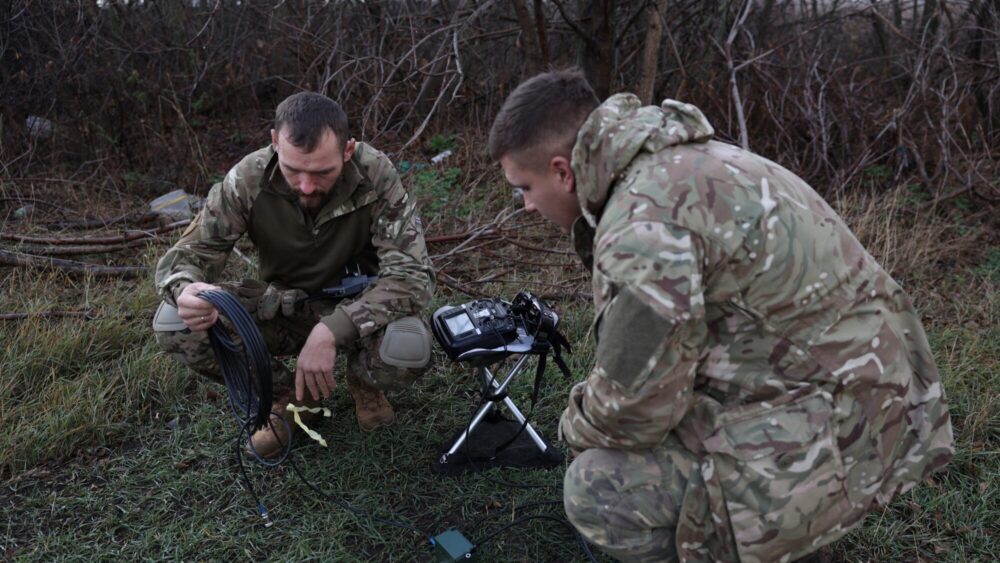

The Ukrainian army is now tracking down men aged 27-60 who try to evade military service.
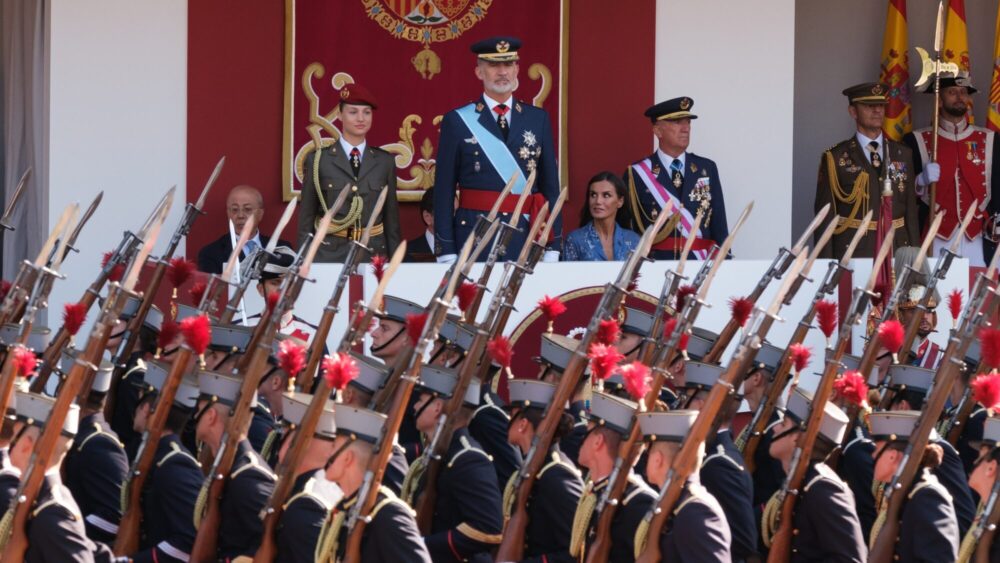

Prime Minister Pedro Sánchez is facing continued opposition to granting Catalan separatists amnesty.
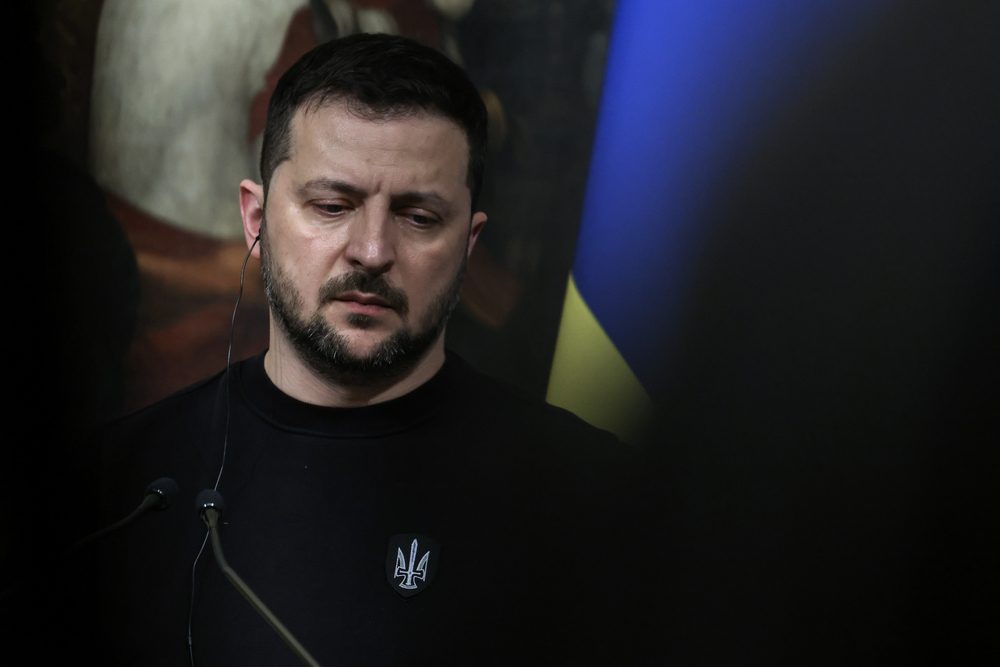

Ukraine’s military brass: we need key military capabilities and technologies to break out of this kind of war.
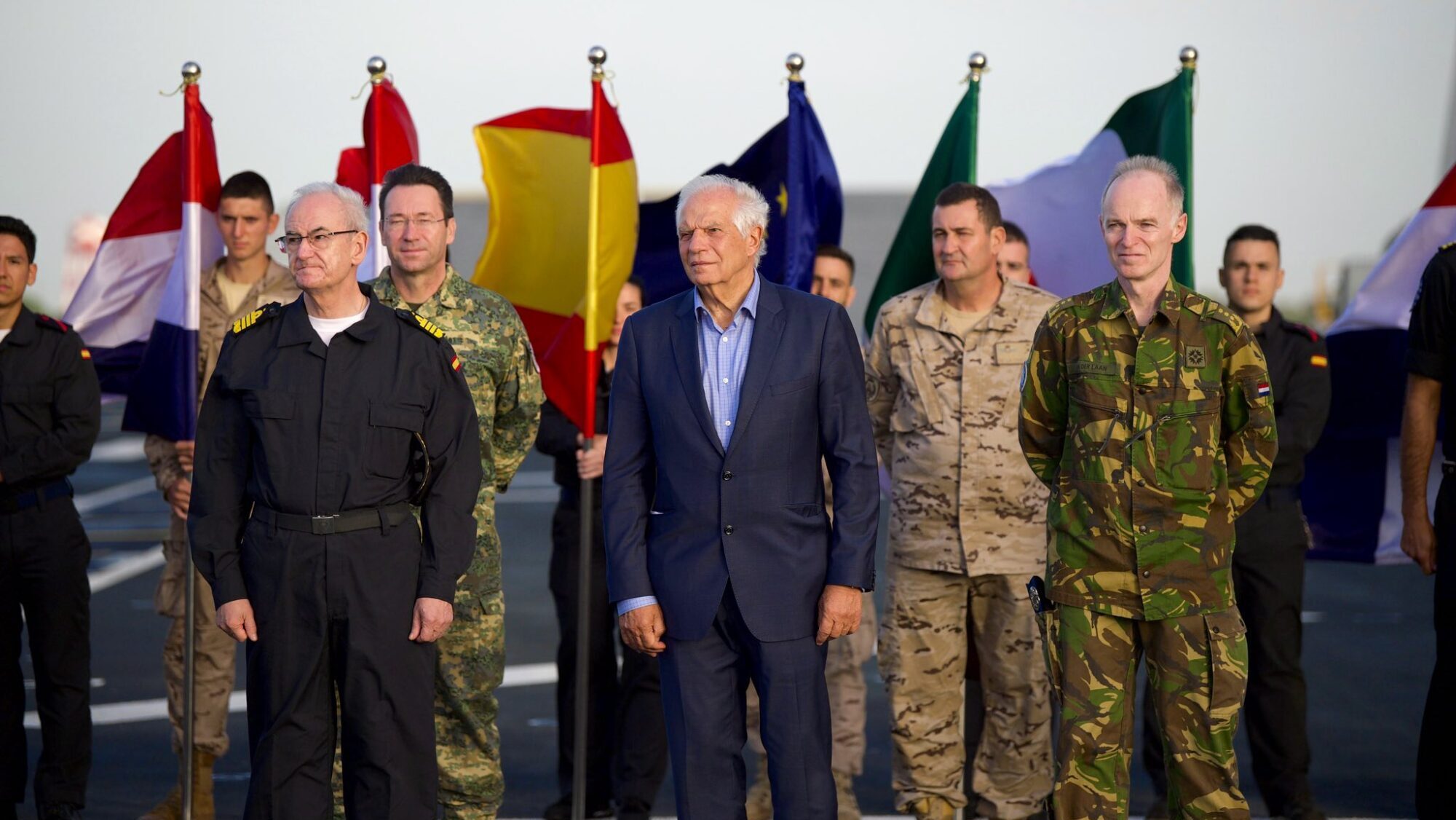

2,800 military personnel from 19 member states took part in the exercise
To submit a pitch for consideration:
submissions@
For subscription inquiries:
subscriptions@